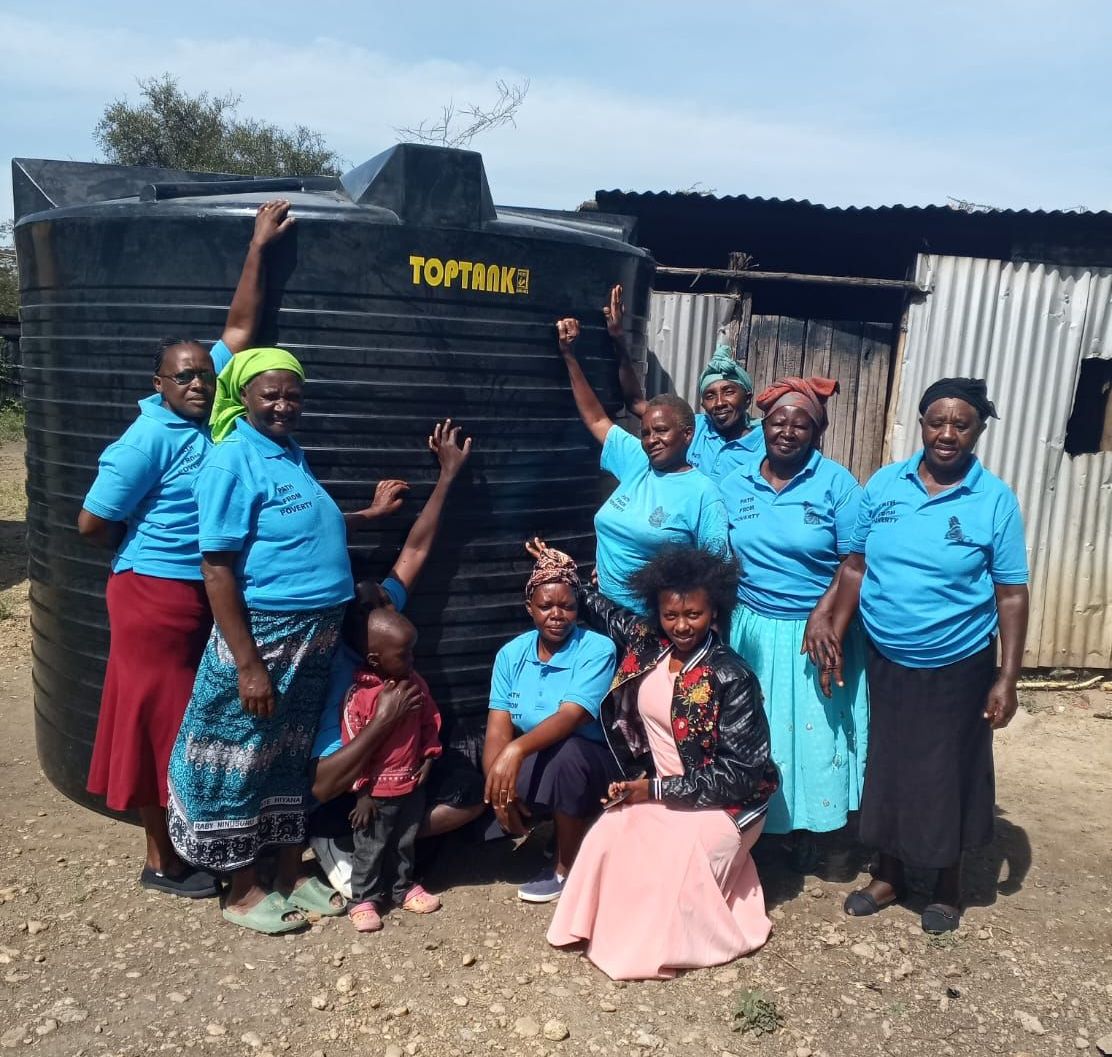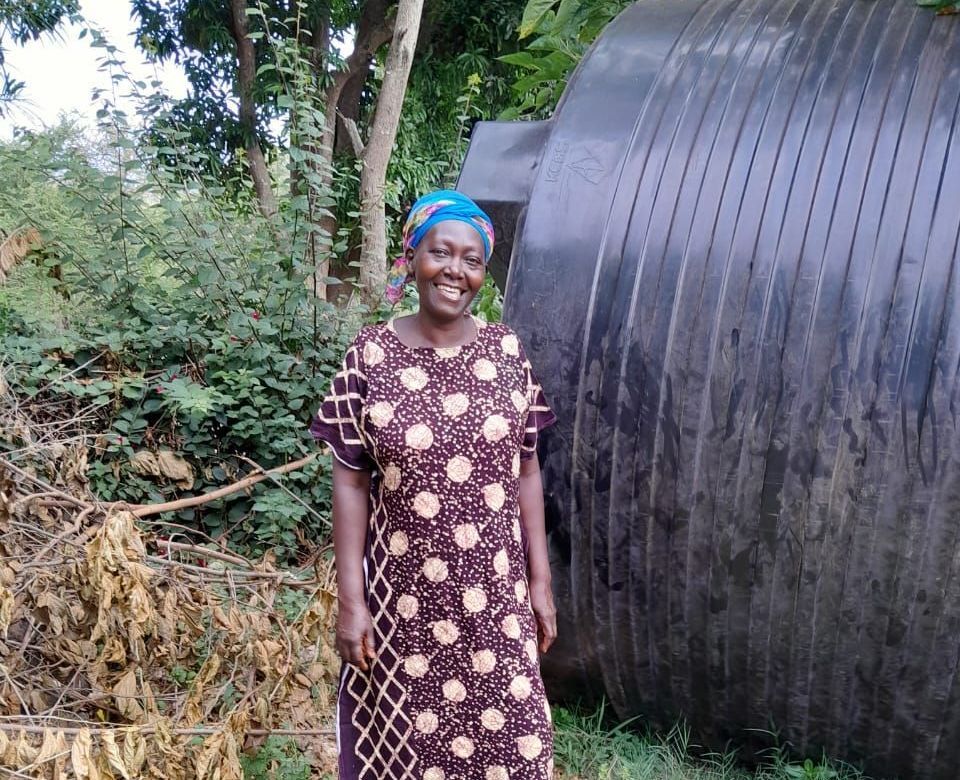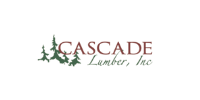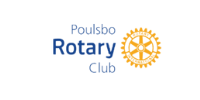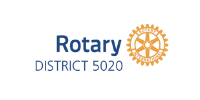Our Mission
Path From Poverty reaches across cultures to transform lives and communities by partnering with women’s groups, empowering and equipping women to break the cycle of poverty and live into their God-given potential.
Our Philosophy
At Path From Poverty, compassion, justice, and sustainability ideals are instilled into every initiative and every program, delivering an impact powerful enough to change lives long after a program has ended.
Misson of Hope Blog
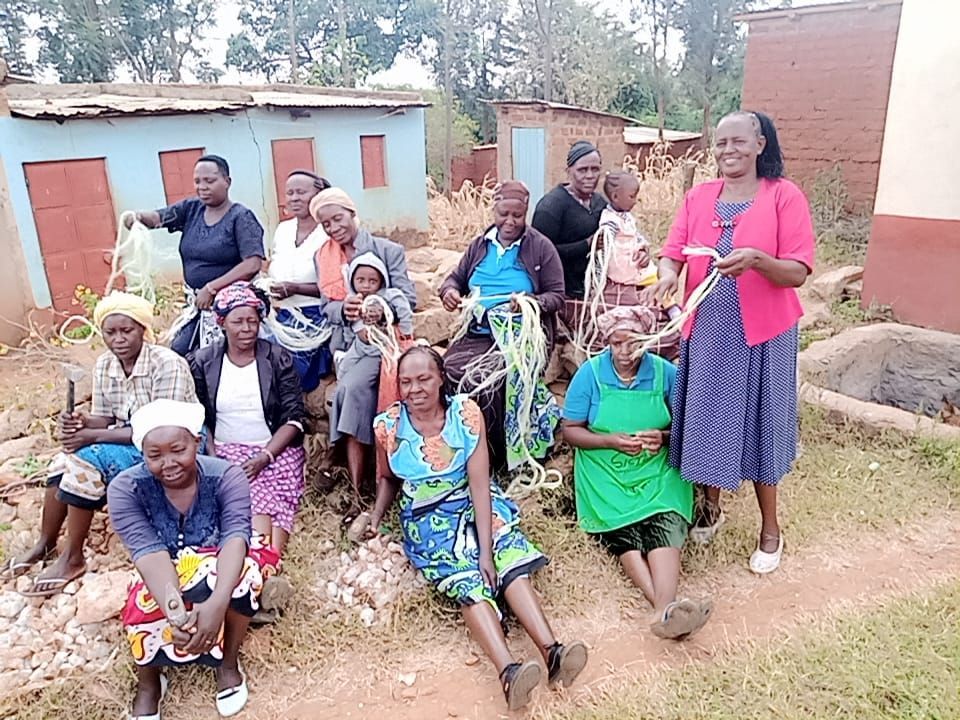
Kibwezi This area continues to be challenged by a lack of rain. Some groups have switched from table banking to merry go round. Beatrice prays for the next rainy season to bring enough water to fill the tanks. Kilome During their monthly meeting, Susan rallied the members of Kilome to be focused in their groups and as a cluster, to see beyond the present, and to have major goals for the future. She encouraged the women to envision better things for themselves and the community–for example, they can change their environment by planting trees. Susan has discovered that when the group members do casual labor, their husbands will demand the money they earned and then spend it on alcohol. Women need to hide their earnings so that they can use them for better purposes. Kisau This cluster is busy preparing for the Work Team in addition to their usual projects. Bendetta, the field worker, trained the groups on table banking and saving. The cluster continues to train on different agribusinesses, including dragonfruit, mushrooms, and azolla farming. Most members have been affected by the drought. The high cost of living is preventing members from paying their targets, children’s school fees, and getting enough food for regular meals. Kola The group members in Kola are trying hard to succeed at their Income Generating Activities. One group is selling avocadoes at a nearby market. Another group has borrowed a donkey, and is ferrying jerrycans of water to a school that is under construction. Two of the groups are doing casual labor on farms–carrying manure, harvesting beans, etc. One of the challenges confronting this cluster is that women have been selling their products on credit. Payments to them have been delayed, which is causing hardship. Annah has coached them on making sure they do cash transactions so they have funds available right away. Malili A Jenniffer, the field worker for Malili clusters, helps Regina by visiting some of the groups to check on their progress and offer assistance. The groups are hard at work on their income generating activities. Aka ma Uiini Women’s Group has two lorries of ballast ready to sell, and they have knit sweaters and sold them to schoolchildren. Kisuka Women’s Group was able to sell their crops (including beans and maize) at a good profit because so many crops failed this season. The groups are also honoring their commitment to community service. Aka ma Uvoo Museo Women’s Group each contributed money to buy school uniforms for a needy girl. In Kitooni Women’s Group, one of the members lost her sister. The group brought firewood and food to the member, pray with her, and offered comfort. Drought has been a serious challenge, with many crops failing. The group members have been saving the water in their tanks for drinking and are helping those in need with food. Malili B The groups in Malili B mostly make sisal ropes and ballast. One group is buying and reselling vegetables. Another group is doing casual labor working on nearby shambas and selling beads. A new group has joined Malili B. The name they chose is Mbukelye, which means “lift me up.” Women here are struggling due to the drought - they have little food, and there is not much water left in their tanks. While they have been using the water in their tanks for their gardens, Regina has recommended they reserve it just for drinking. Most members and their families are sick. Makueni Sue writes that they are facing famine and drought in most of the Ukambani. Agricultural projects are not doing well due to the drought. One group’s tree nursery has been decimated by the harsh conditions. Many of the groups are doing table banking and merry-go-round banking. During their committee meeting, the cluster planned out their schedule and goals for 2025. They committed to community service for needy families, will do a training on sisal farming, and will tour an agricultural trade fair. Mbooni While the groups are being affected by drought and illness, they continue to be innovative in the Income Generating Activities. In Neema Women’s Group, the members are selling clay pots. Some are also planting flowers in the pots and selling those. Tei wa Ngai Women’s Group has joined with other farmers to receive training on planting eggplants, which will be a healthy addition to family’s diets. Kyai Women’s Group has been making and selling uji power, which is a popular porridge made of arrowroot, cassava, peanuts, honey, and hot milk. Tulimani Drought is making life difficult in Tulimani. Wikililye Women’s Group has had to use water from their tanks for their vegetable farms because there has been so little rain. Some of the groups are doing well with catering and poultry keeping, while others are struggling to stay motivated and meet their goals. We are excited that Baraka Women’s Group will be graduating next month. This group joined PFP Kenya in 2013. Yandue This cluster is really coming along. Of Wise Women’s Group, Agnes says, “Women are enjoying selling boiled eggs, mandazis, and tea in schools and in markets. Women can do wonders.” Hope Women’s Group is making rings, necklaces, keyholders, and table mats using Masaii beads.


